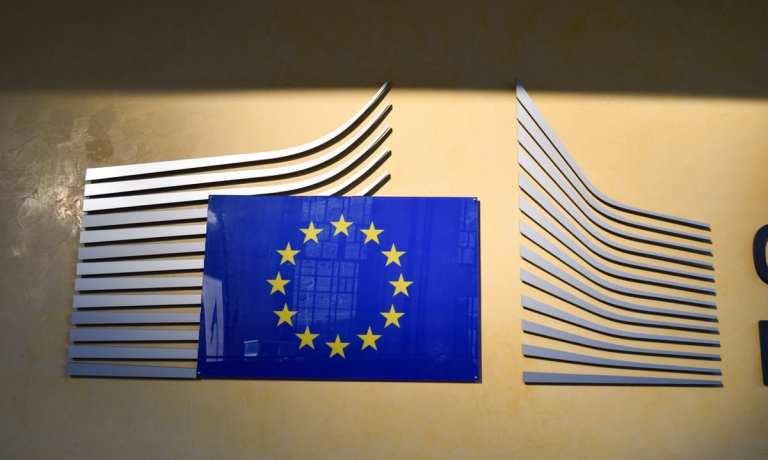EU Digital Services Act Discussion Could Be Start Of Seismic Policy Change

For Big Tech, there’s just a hint of a bit of a reprieve in Europe.
News came this week that a (virtual) meeting between regulators and Big Tech – which would center on draft proposals that might impact their very operations on the Continent –has been postponed briefly from Nov. 24 to Dec 2. The meeting would include marquee names such as Facebook, Apple, Alphabet and several others. It may not be a reprieve at all, as December looms as a possibly seismic month for tech – and specifically, platform – firms.
As noted by Yahoo! Finance, the call would be held by Internal Market Commissioner Thierry Breton, who oversees the regulation of digital activities, and would focus on the Digital Services Act (DSA). The DSA and another act, known as the Digital Markets Act (DMA), in turn, would be unveiled in December, in part changing the way tech companies manage, and are liable for, content on their platforms. It would also change some of the market’s competitive dynamics.
The European Commission noted on its site that the legal framework for digital services has been unchanged in the region for about 20 years. Public consultation on the act ended in September. The proposal to the EU Parliament is on the horizon. The spirit of greater data openness would also extend to tech firms’ disclosure of their algorithms.
As profiled in this space earlier in the month, new legislation would boost the EU’s power – through Brussels – to track information-gathering activities. There reportedly could be a list of activities that banks would be required to curtail or eliminate.
“The Digital Services Act package would propose ex-ante rules covering large online platforms acting as gatekeepers, which now set the rules of the game for their users and their competitors. The initiative should ensure that those platforms behave fairly and can be challenged by new entrants and existing competitors, so that consumers have the widest choice and the Single Market remains competitive and open to innovations,” the EC said on its site.
And in what may be a harbinger of things to come – as soon as within the next few weeks – Reuters reported earlier in the year that the acts might include verbiage that keeps tech firms from favoring their own services over those of competitors, or could force bundling, in language the newswire said was included in draft legislation: “Gatekeepers shall not pre-install exclusively their own applications nor require from any third-party operating system developers or hardware manufacturers to pre-install exclusively gatekeepers’ own application.”
Other ostensible rules would apply to app stores and payment practices such as those of Google and Apple, where gatekeepers would be banned from blocking access to products or services for customers outside the platform.
As reported by the Center for Strategic and International Studies (CSIS), the acts “will have a transformative impact across the board on large U.S. corporate tech champions and their business models of delivering internet and digital services to 500 million European consumers.”
Google, alongside the other multi-national tech companies and tech platform firms like Airbnb and Booking.com, says the DSA will unduly constrain business. Google has been extensively lobbying against it, and Politico published an internal document showing that its goal was to “remove from the Commission’s proposal unreasonable constraints to our business model, our ability to improve products or roll out new features.”
Matt Brittin, Google EMEA president of business and operations, said: “It’s so important to get the rules right for European consumers to have more choice, to support the kind of jobs we’ll need in the future and to support European businesses.”
According to Google, the DSA could cost the European economy €85 billion a year in GDP.
Read More On Big Tech:
- AI Money: AI Surge Spurs Tech Giants’ Expansion, Fuels Investment Frenzy
- Trump Running Mate J.D. Vance’s Antitrust Views Divide Business Leaders
- Trending: Next Steps for Apple as It Opens Its Ecosystem in Europe
- Firms Look to Mitigate Consequences From Data Breaches